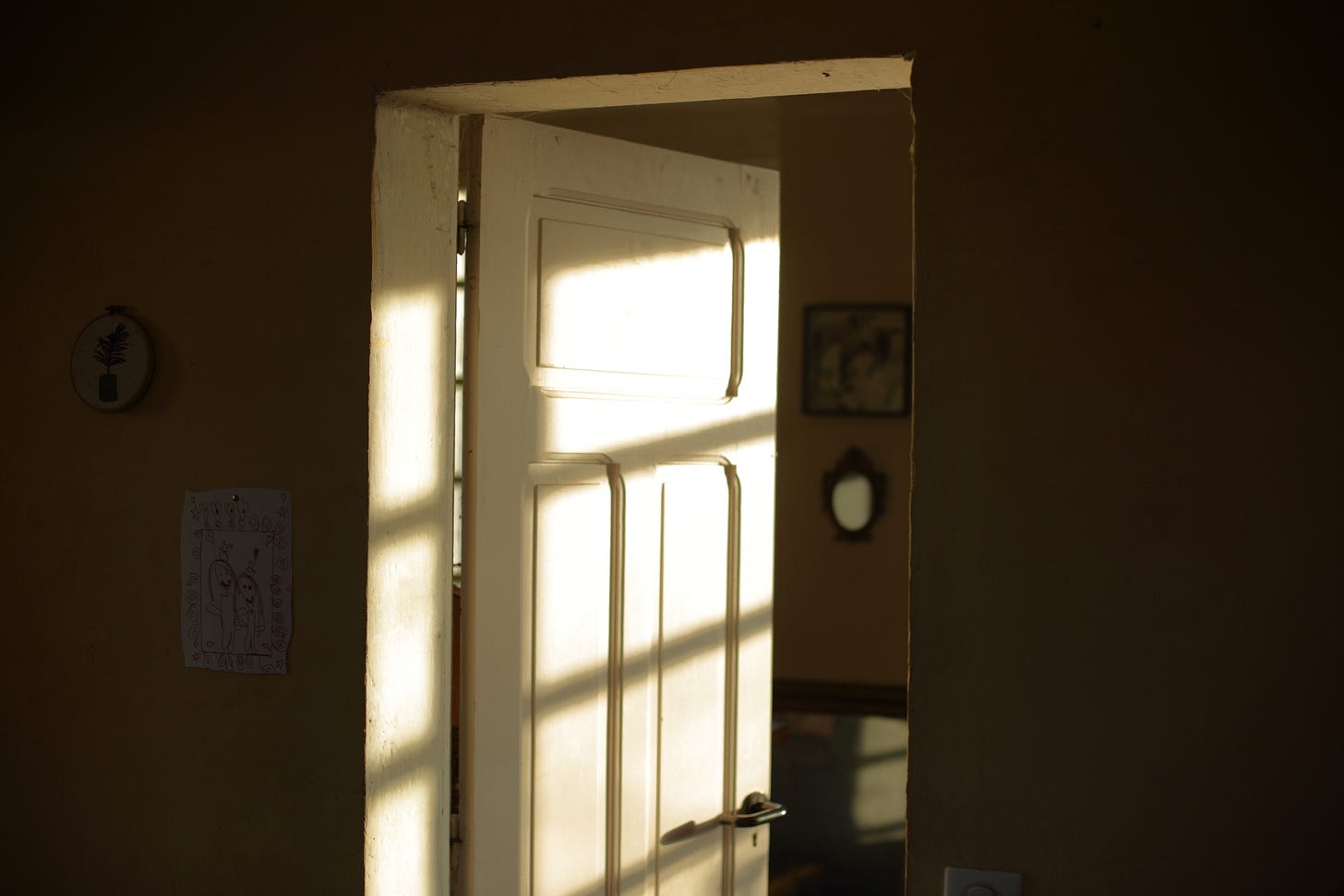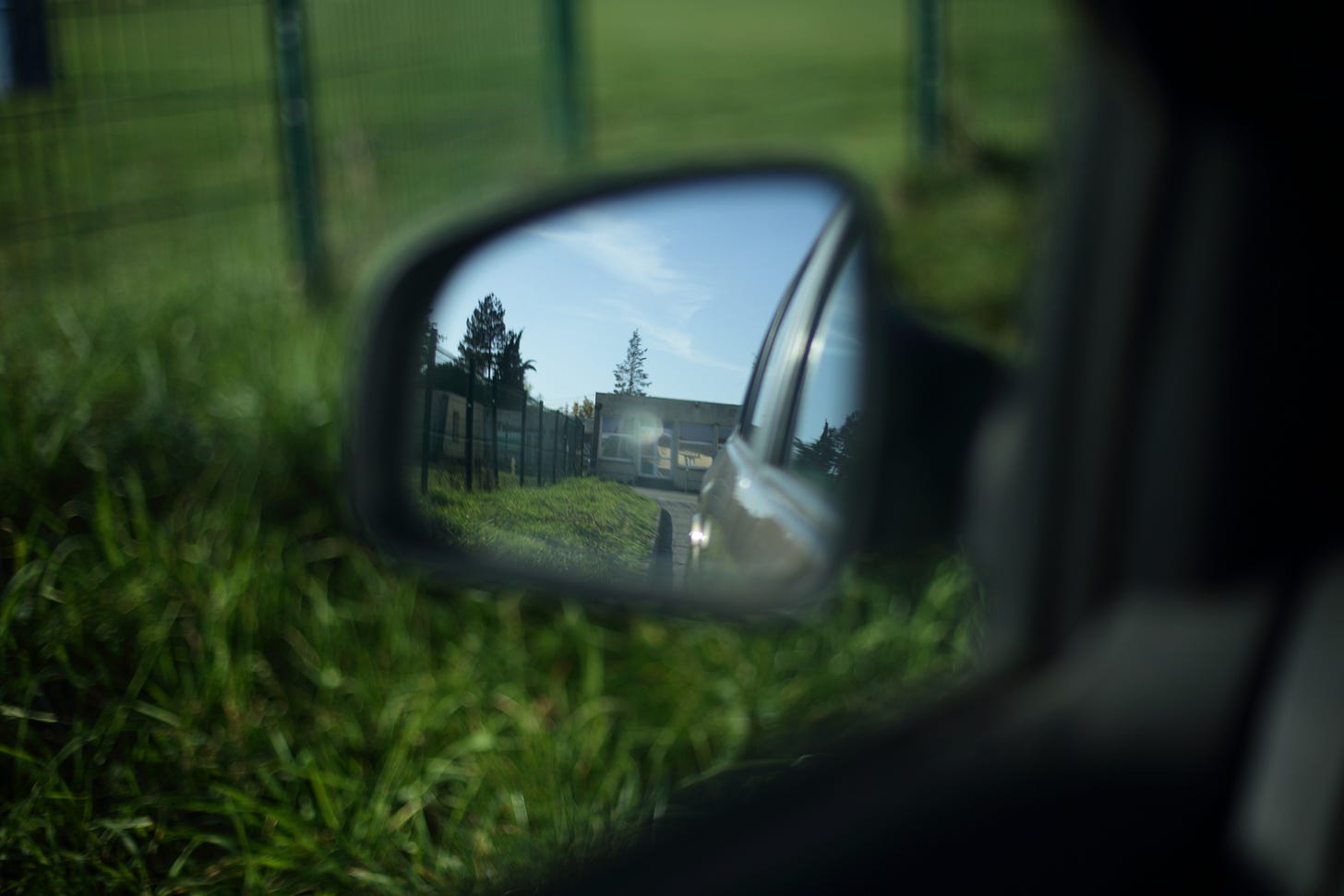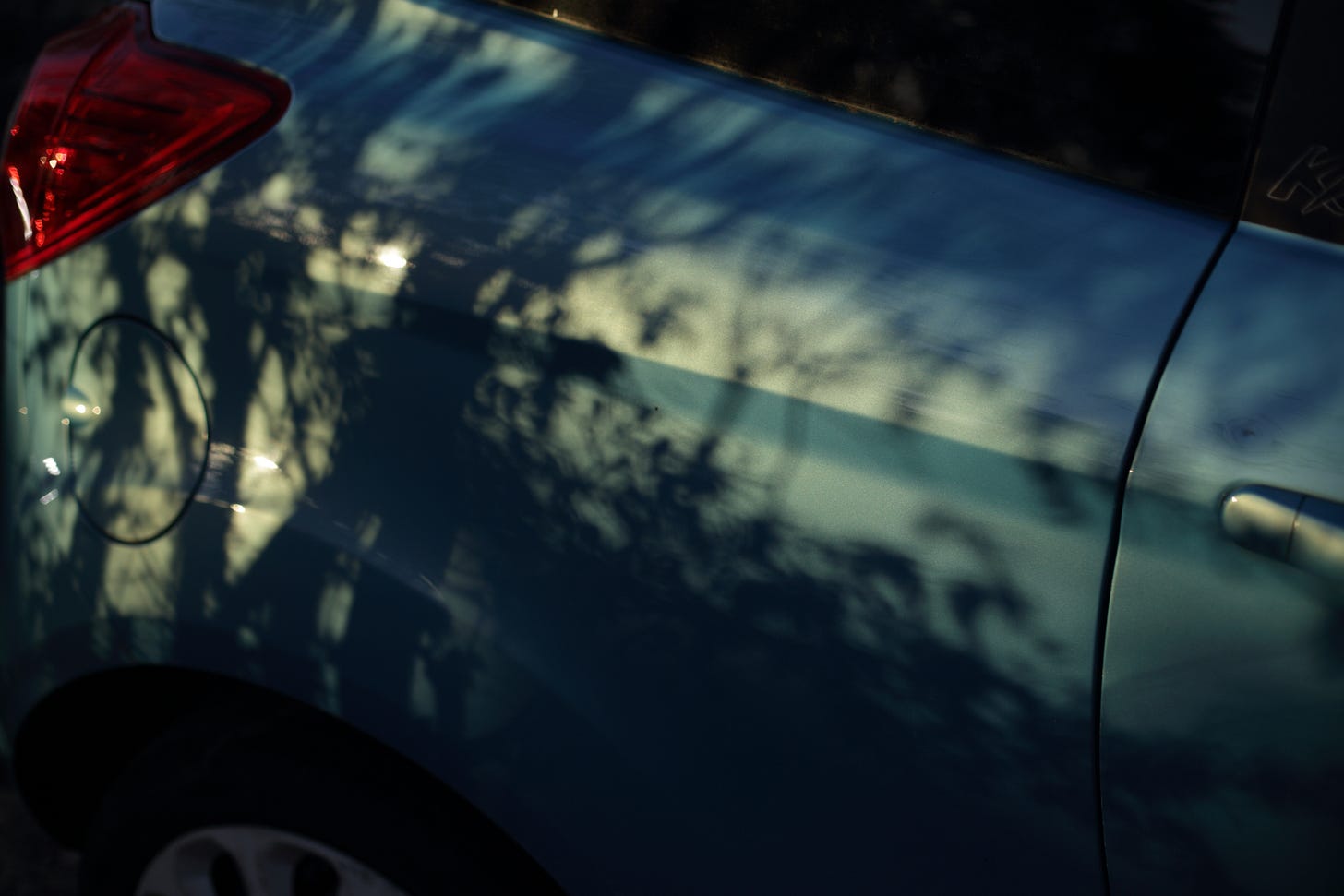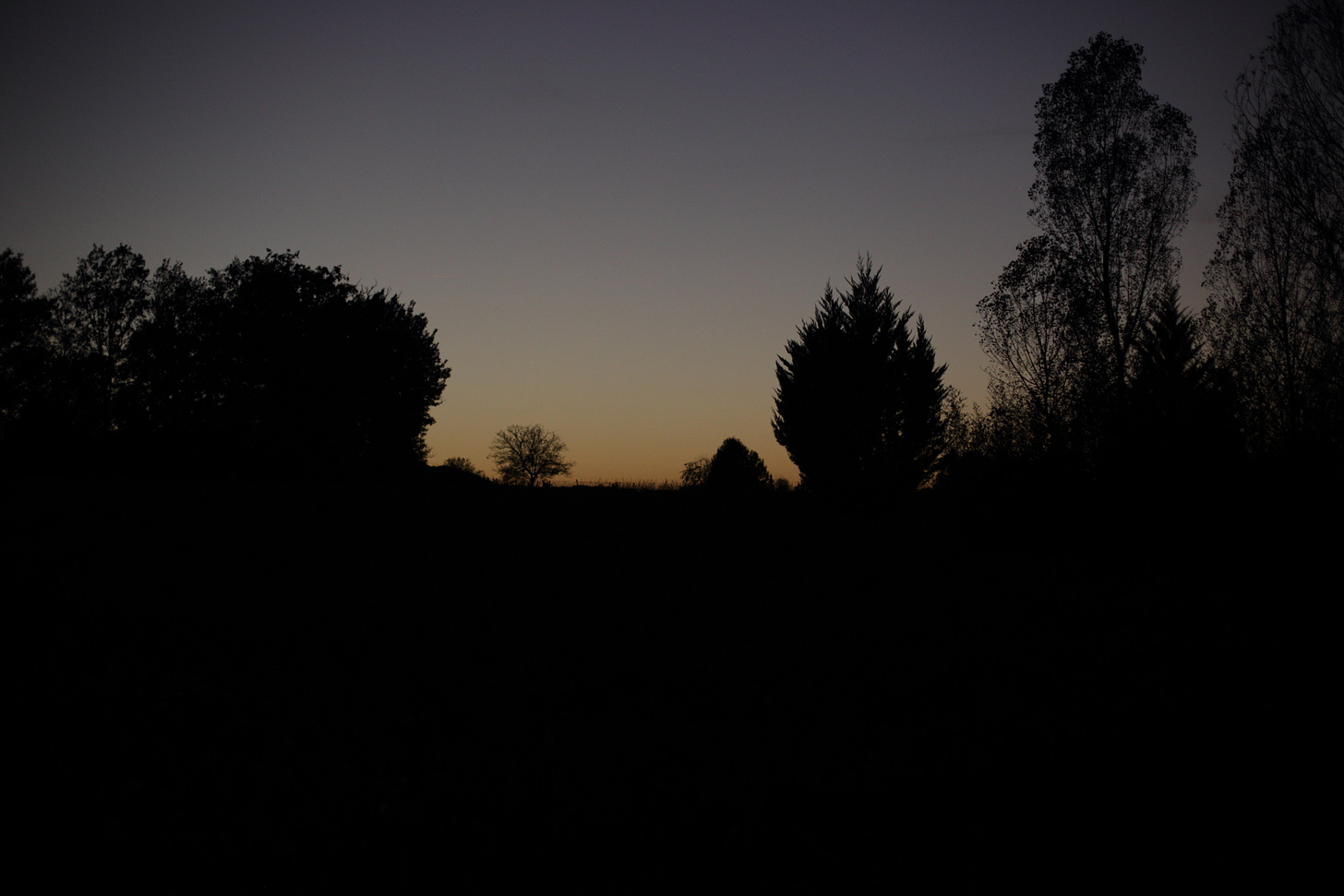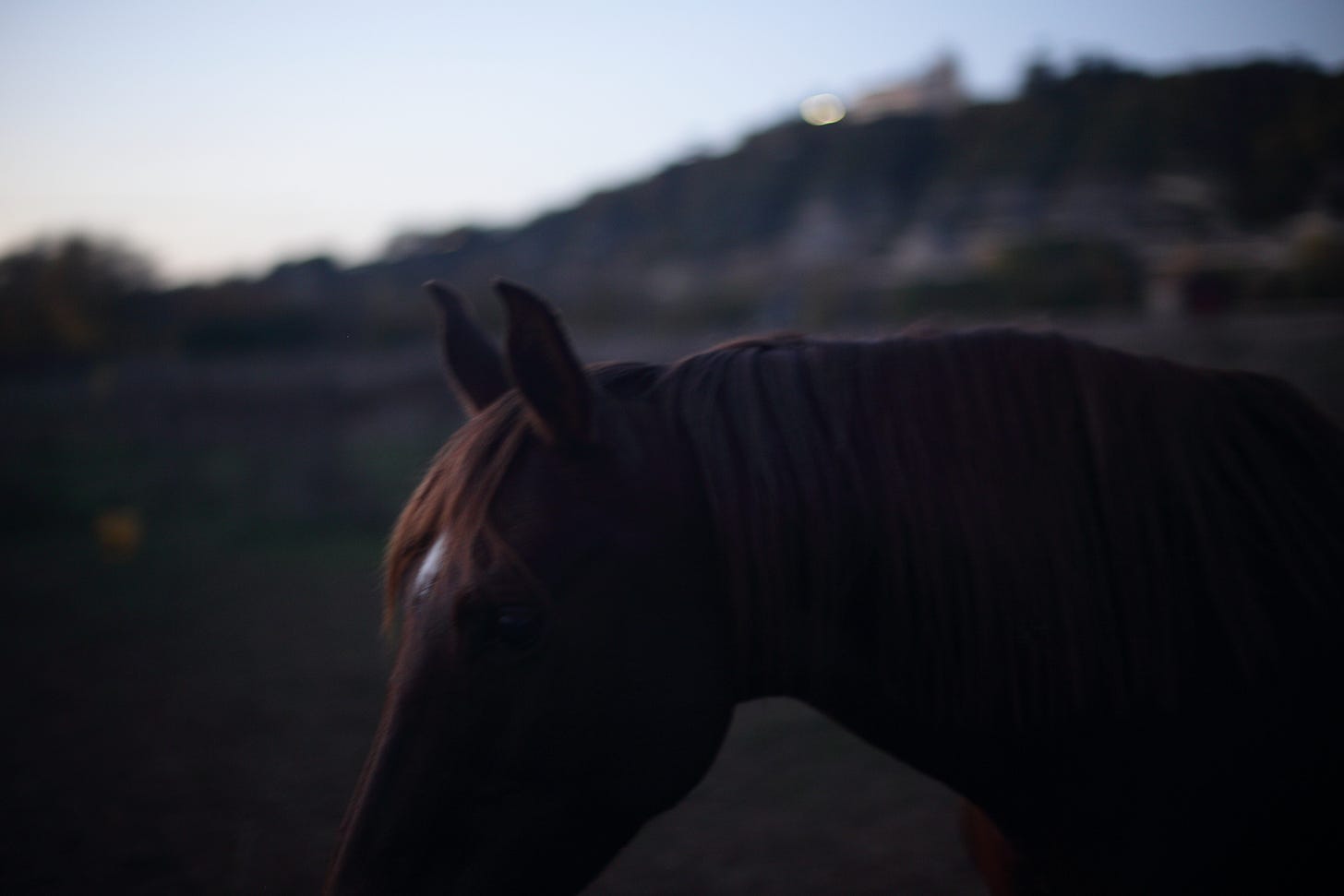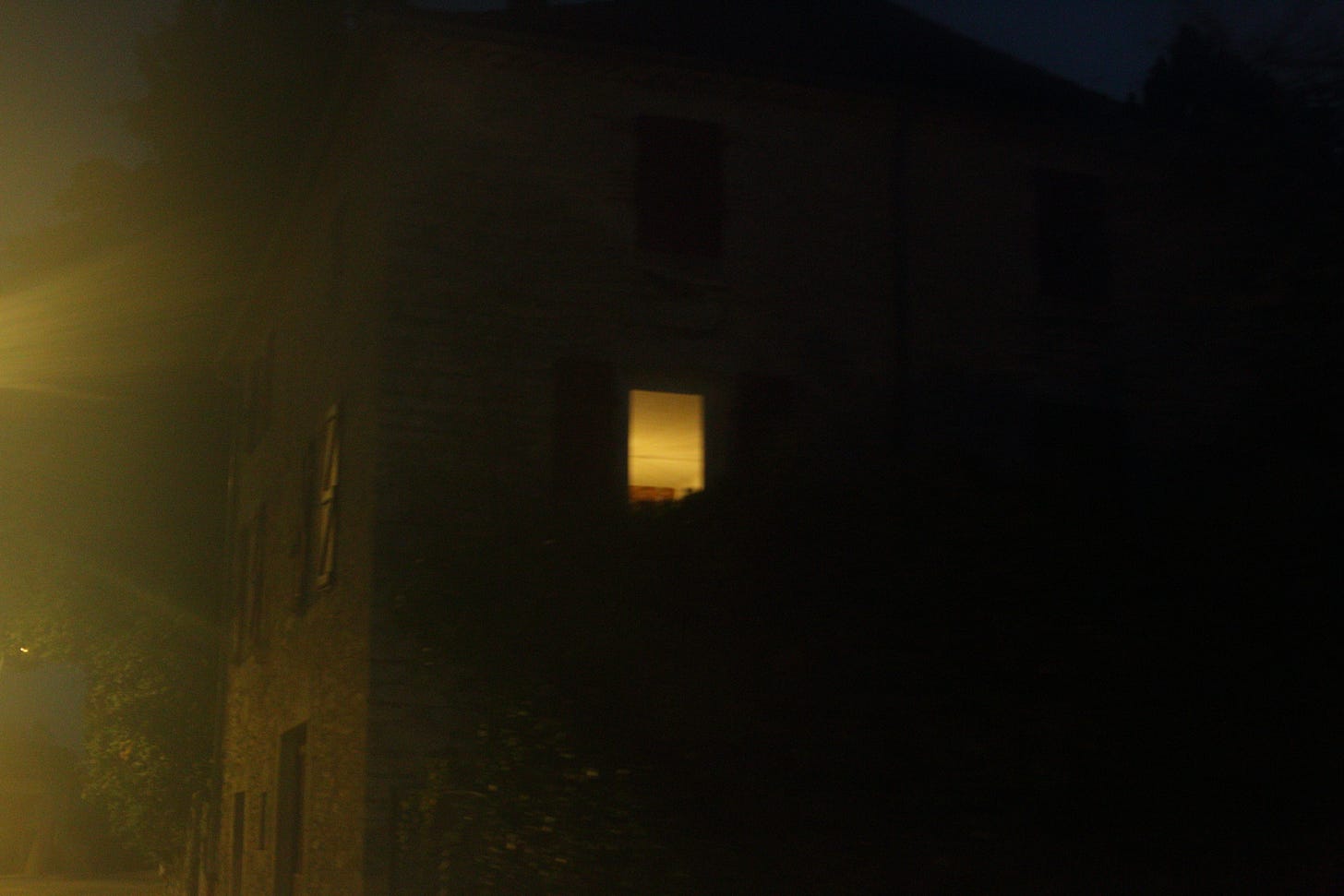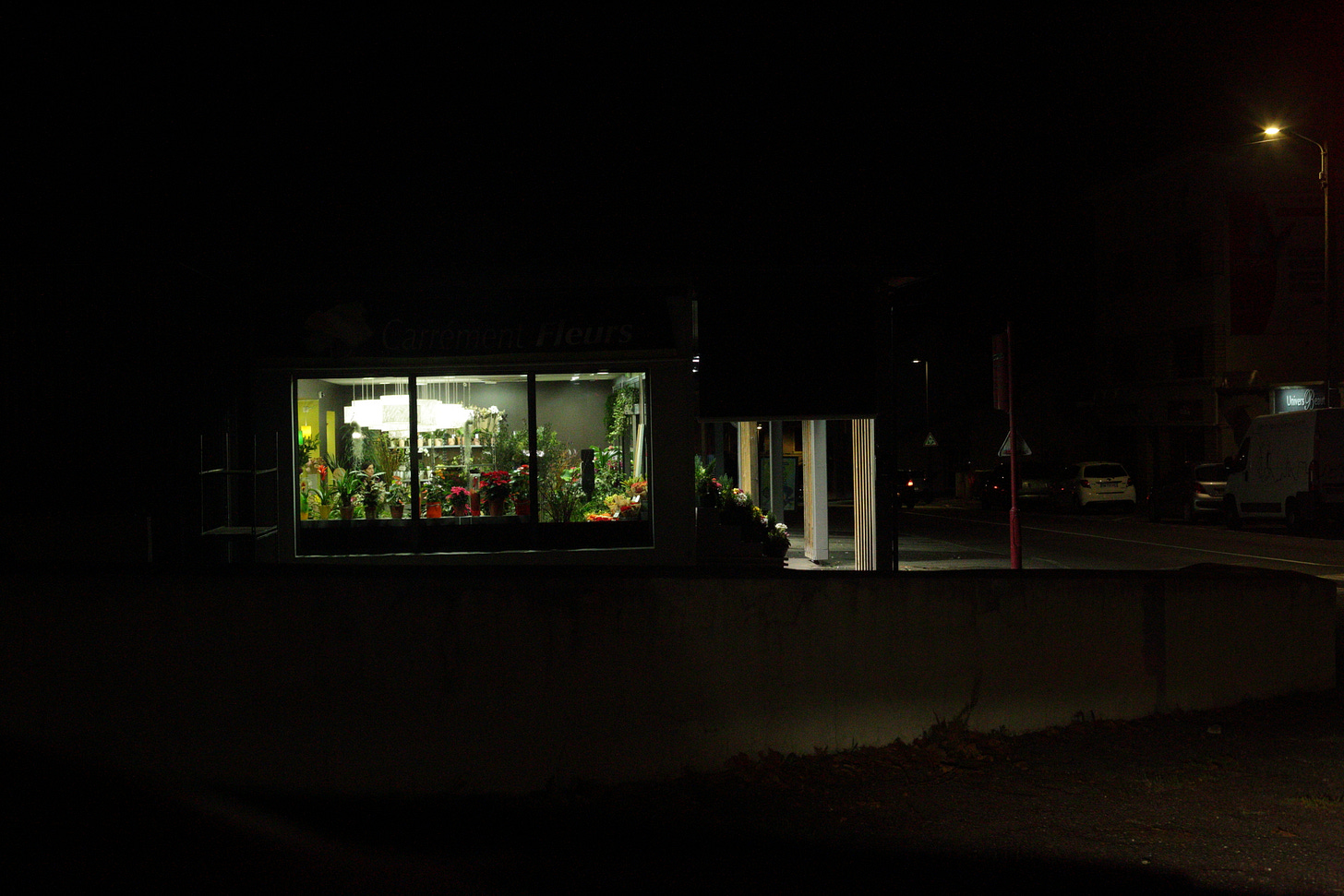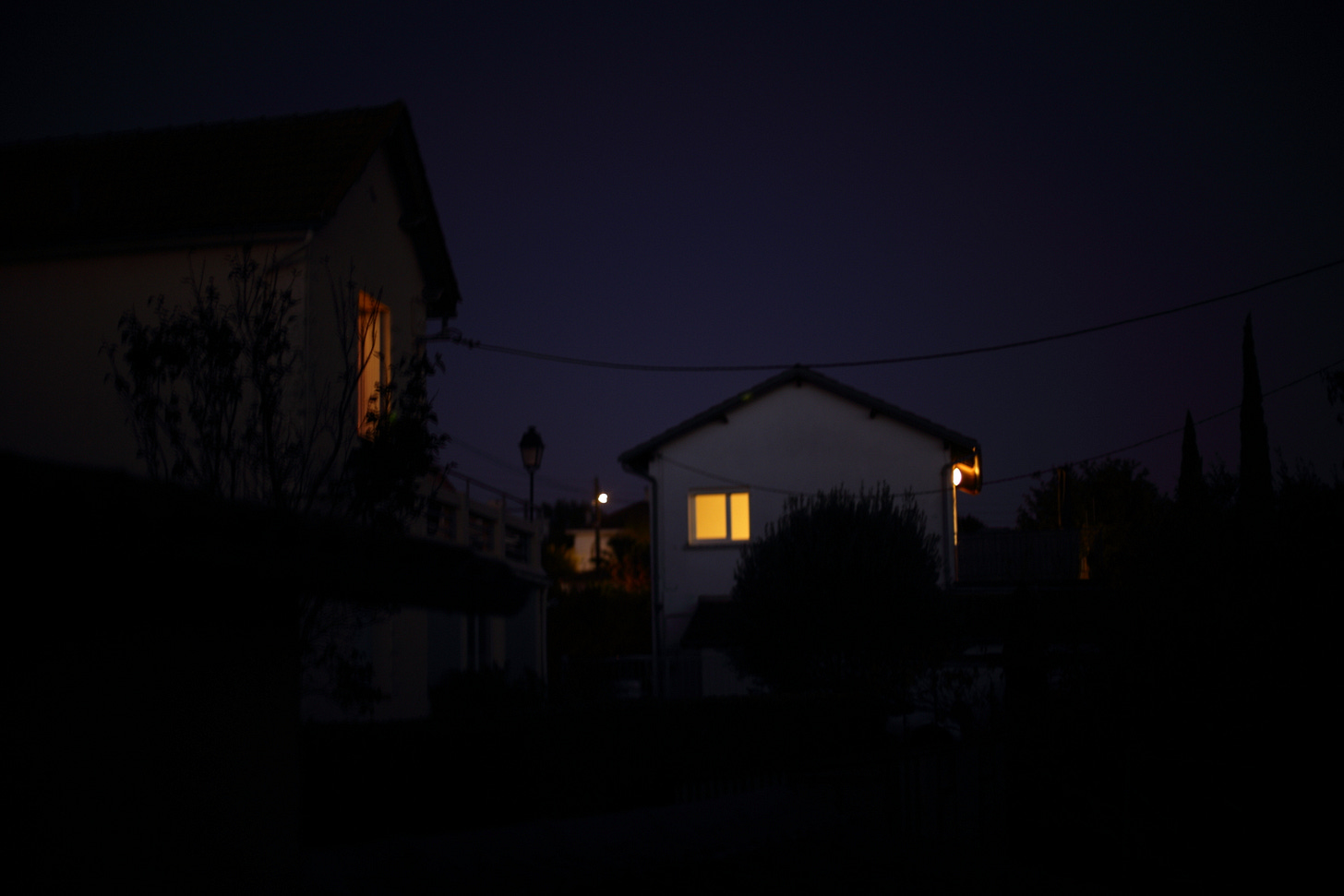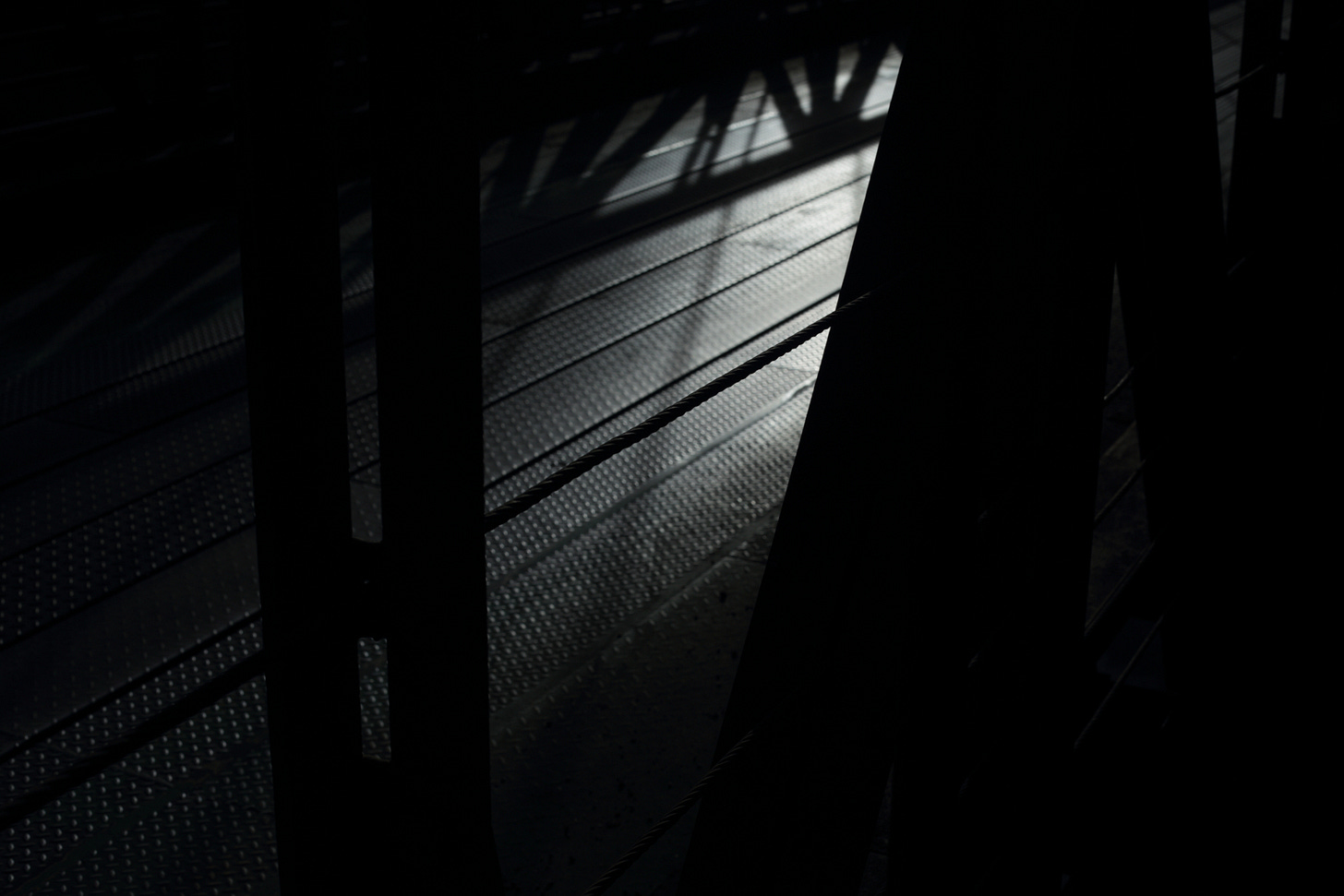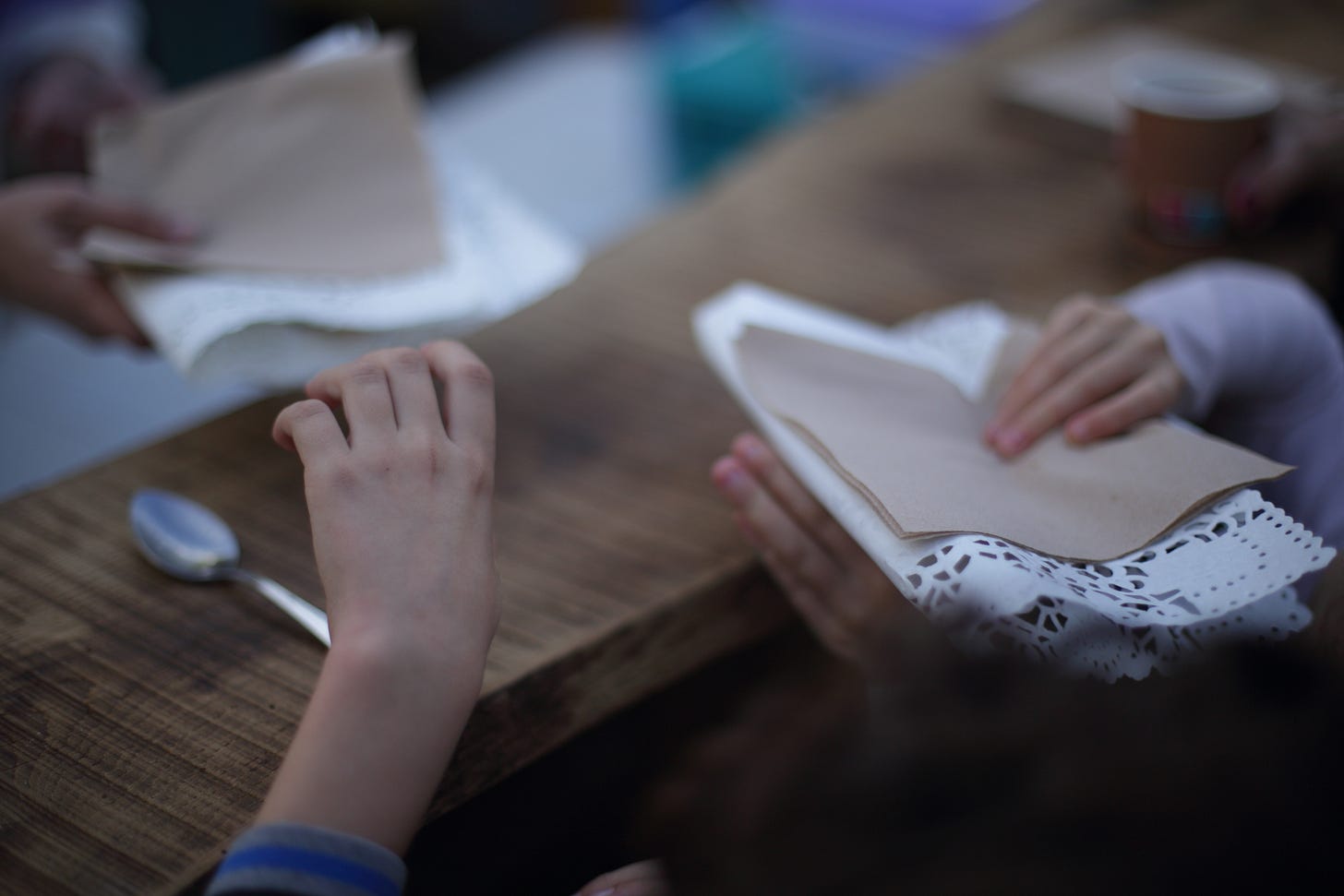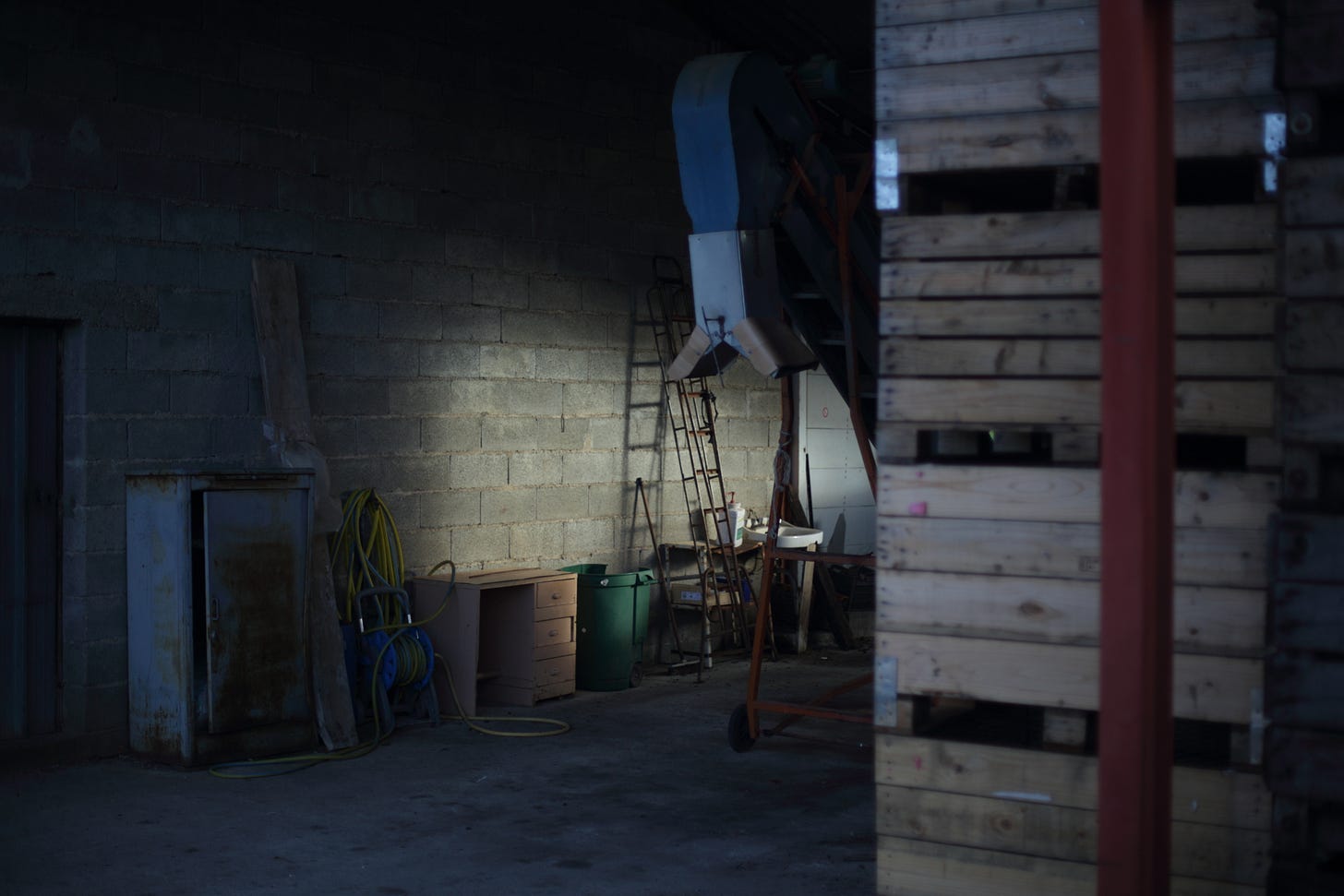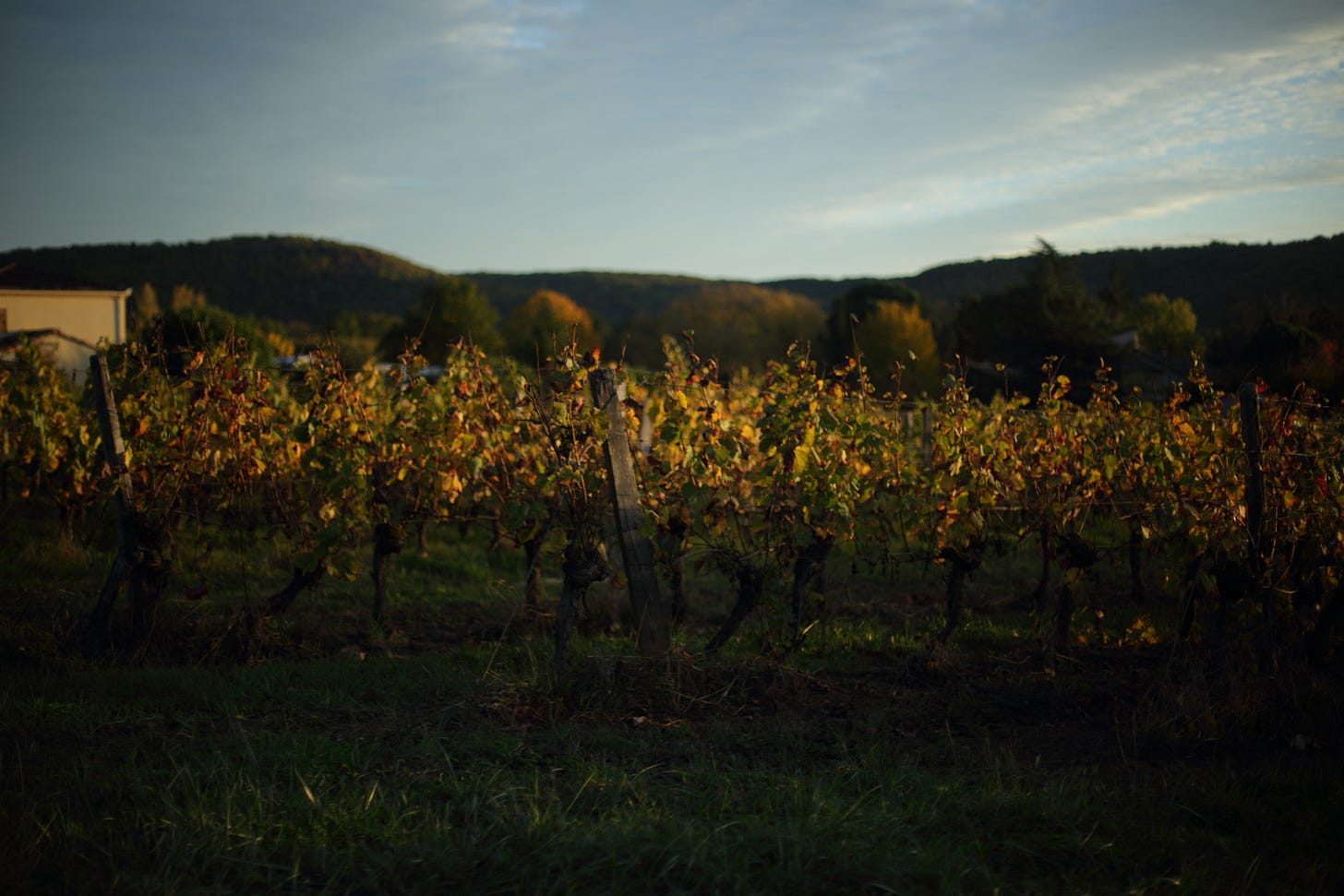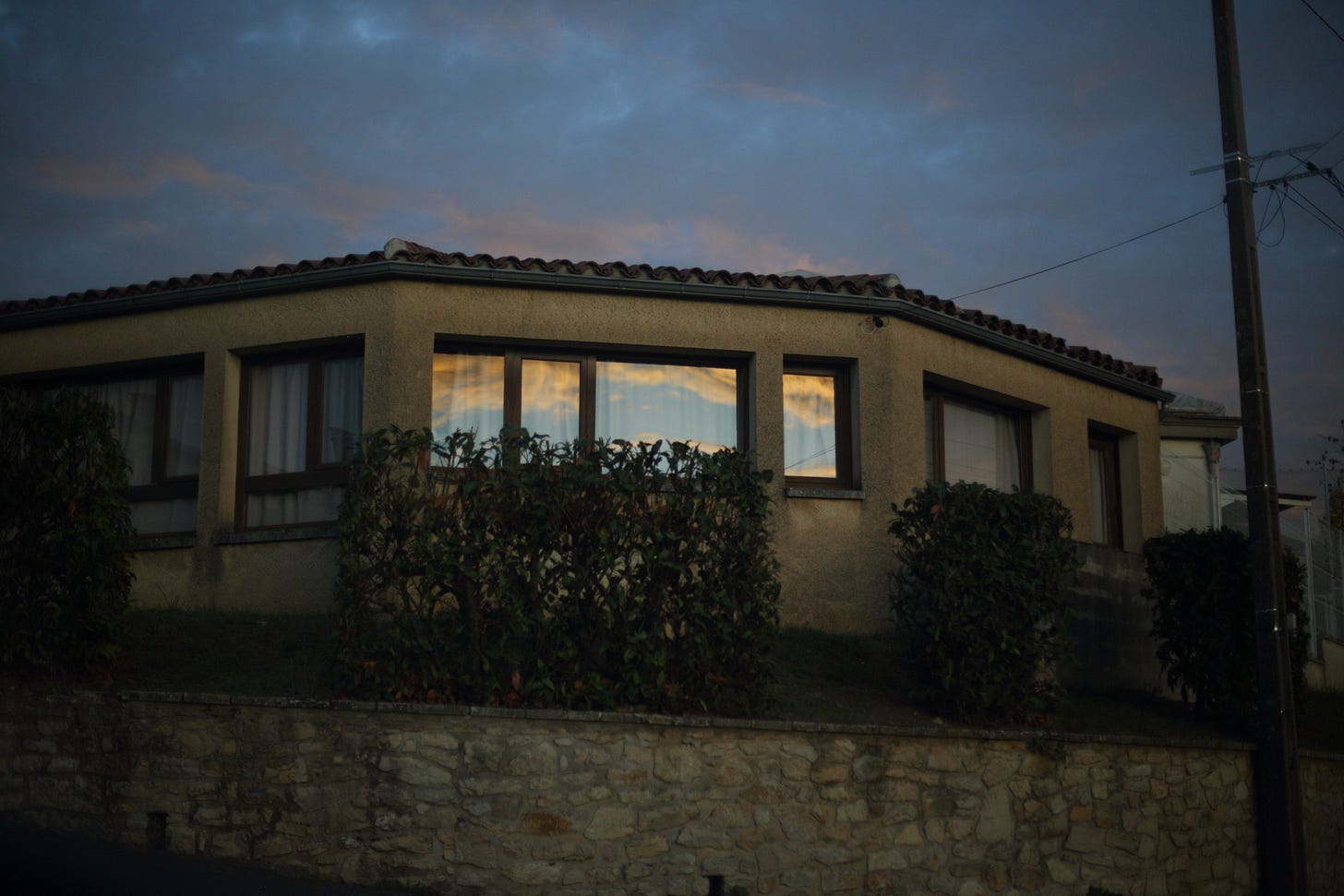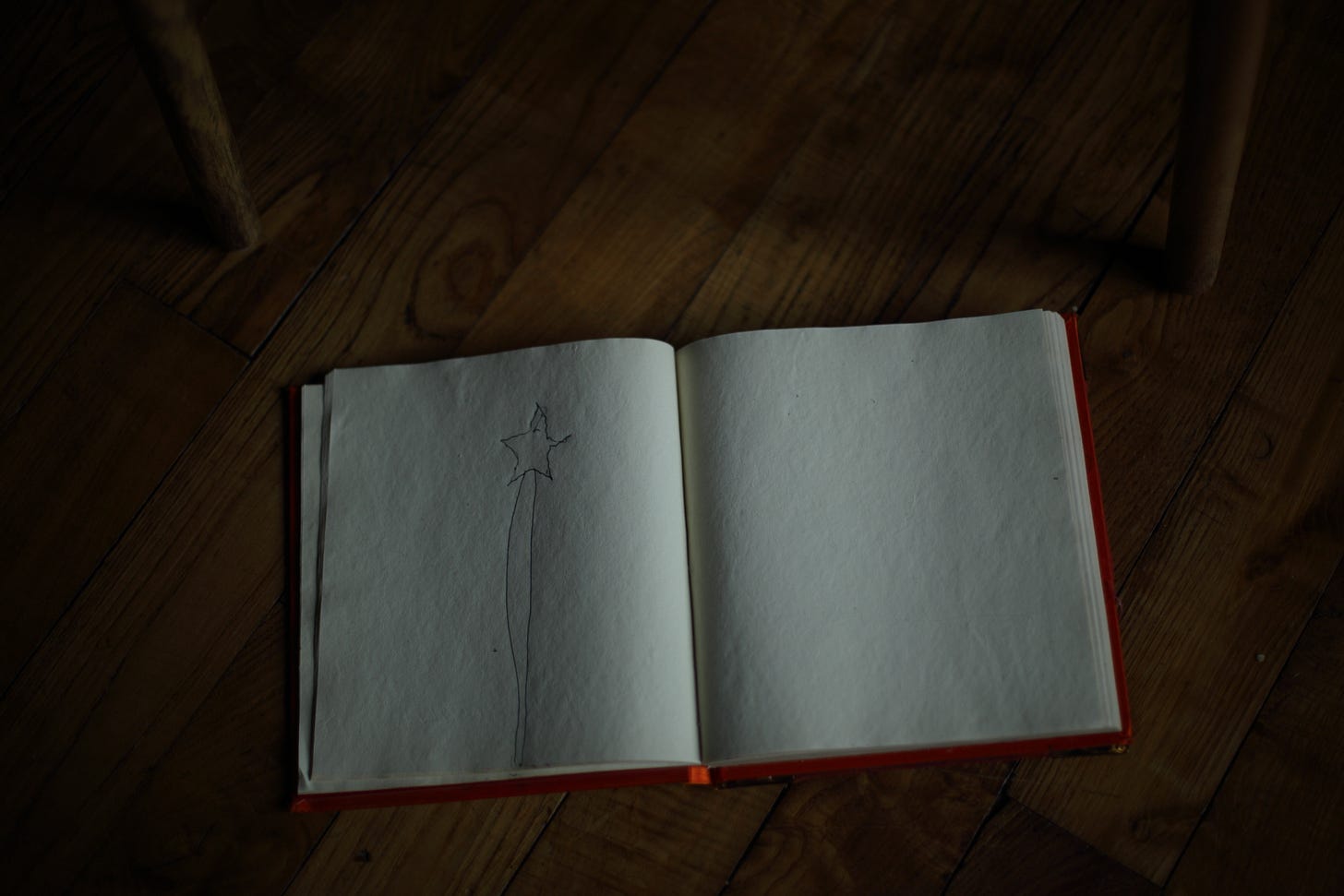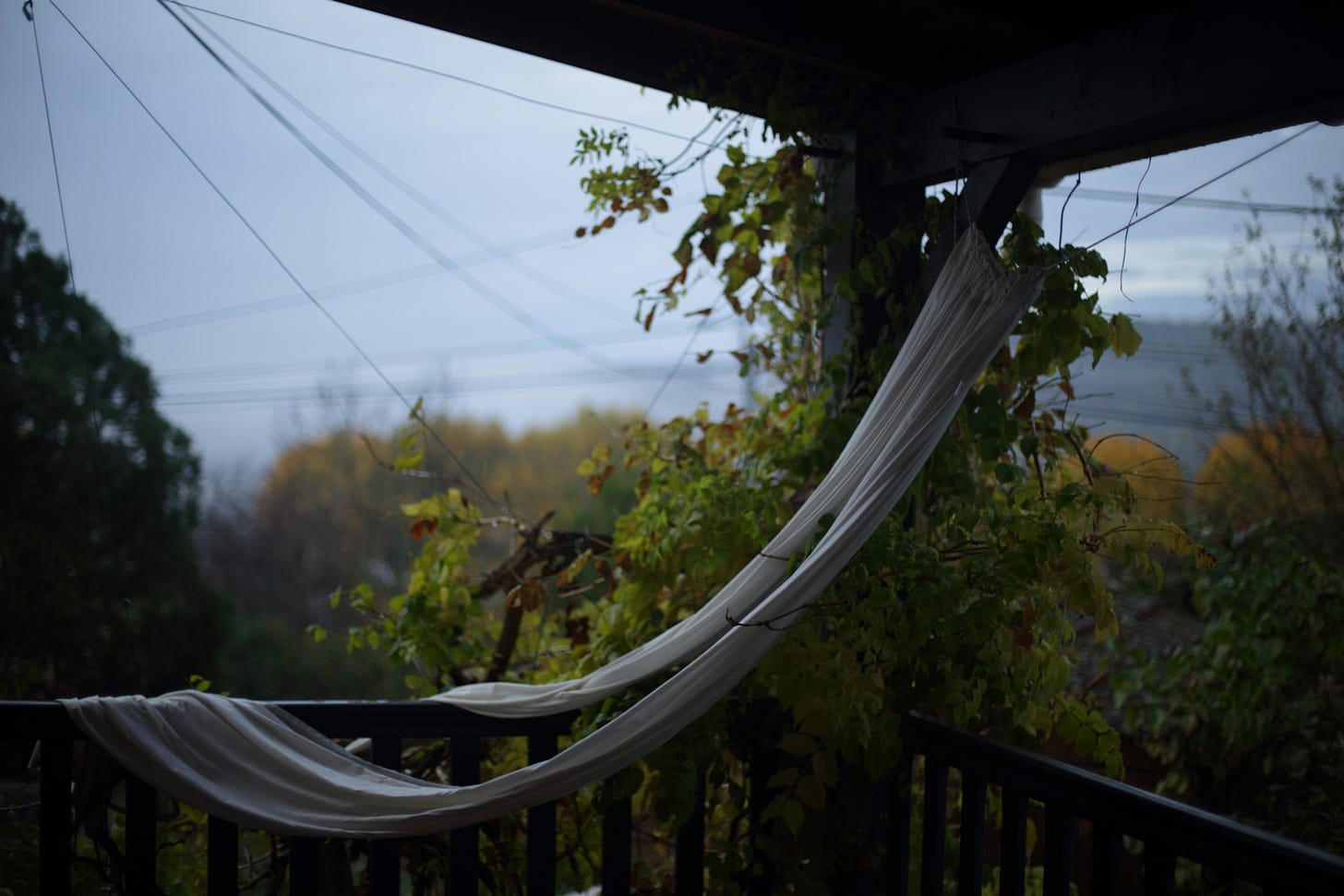The expression “finding your voice” has an interesting phonic ambiguity in French that it doesn’t have in English. We say “trouver sa voix” about finding your singing or literary voice, but it sounds the same as “trouver sa voie”, which means finding your path, in the sense of giving a sustained chosen meaning to your life, maybe finding a vocation, what you were born to do. So it’s difficult when you’re french and hear one expression, not to think of the other. The astonishing fact to me is the closeness of the two meanings, while being clearly different.
The difficulty is great for those who see the path they need to follow early on, but can not find their voice until much later in life.
I think it’s easy to see where the usage of the singing metaphor comes from when talking about writers. We all hear their writing voice when we read them. There’s a well documented extreme diversity in the efforts and lengths writers go to in order to be able to find it, for some it’s not even an issue. Think about Rimbaud, who stopped writing when he was 20, or Cervantes who started writing Don Quixote when he was 51 or 52. Gabriel García Márquez, after trying to write fiction for years and earning a living as a journalist, stopped the car, as he was going on vacation with his family, and turned back, because he suddenly heard the voice of his grandmother and knew it was the one tone he had been searching all along. He was 43. Once back in his house, he wrote One Hundred Years Of Solitude.
I’ve already talked about Sei Shōnagon, but there’s another writer whose voice always seemed to me, while being wildly different, to possess this incredible quality of proximity to the reader, it’s Michel de Montaigne. Montaigne writes in a straightforward way, it feels like he’s talking to you over a table, while you’re sharing a good meal, and talking honestly, in a friendly and amicable manner, about all the interesting subjects that go through his head. I remember reading him when I was at university studying other writers, and his joyful and humble voice, full of wisdom and strength, was a particularly comforting companion in a certain winter of my young adulthood.
“I know of only one writer whom I would compare with Schopenhauer, indeed set above him, in respect of honesty: Montaigne. That such a man wrote has truly augmented the joy of living on this earth.”
—Nietzsche, Untimely Meditations
In the case of Sei Shōnagon as in the case of Montaigne, I have been fascinated by the feeling of proximity and the straightforward voice but also by the seemingly diversity of subjects, seemingly unconnected, in the case of The Pillow Book as well as in the case of the Essays, but ultimately meaningful as a whole on yet another level.
I am indeed very far from these illustrious examples but I’m talking about this because while I was writing these posts, I started realizing what is peculiar about the process I go to every week. First, I write in English, which was not an obvious choice, given the love I have for my native language, but there’s also the tone of the writing and its relationship to the photos.
The weekly post cycle had a surprise in store for me: I thought I might end up struggling getting enough photos and subjects to write about, but until now, the opposite happened. This week I have another set of photos and another text that I keep for the next post.
I am very attentive to time cycles: days, weeks, months, seasons. The weekly post cycle has forced me to rely more on using my voice than on a set plan. That’s what I was doing with photography anyway, but I’ve had difficulty in the past finding the right way to present sets of my photos, because I’ve always thought about them in a more stream-of-consciousness way, a cinematic edit of glimpses into time past. They all have something to mean in relationship to the others. It’s more like prose photography than photographic poetry.
Text is loud but photos are quiet. They are not silent, but you have to listen carefully to hear them say what they have to say.
It’s my 10th post and I reached 100 subscribers this week! I want to thank you all warmly, newcomers and old timers, and hope you’ll have while reading the posts at least a fraction of the enjoyment I have writing them.
Below is a table of contents for the posts I made until now.
Check Twitter @alainastruc #seasonsnewsletter for updates between posts.
À bientôt !
Alain
Seasons
1. Dry
2. End of summer on the hill
3. The color of time
4. Fire & water, artificial images, seasons
5. Keep The Streets Empty For Me
6. Things that make the heart beat faster
7. Things that are loud, colorful and ugly, and make the children happy
8. The dream of the old house
9. The fossils in the dark room






